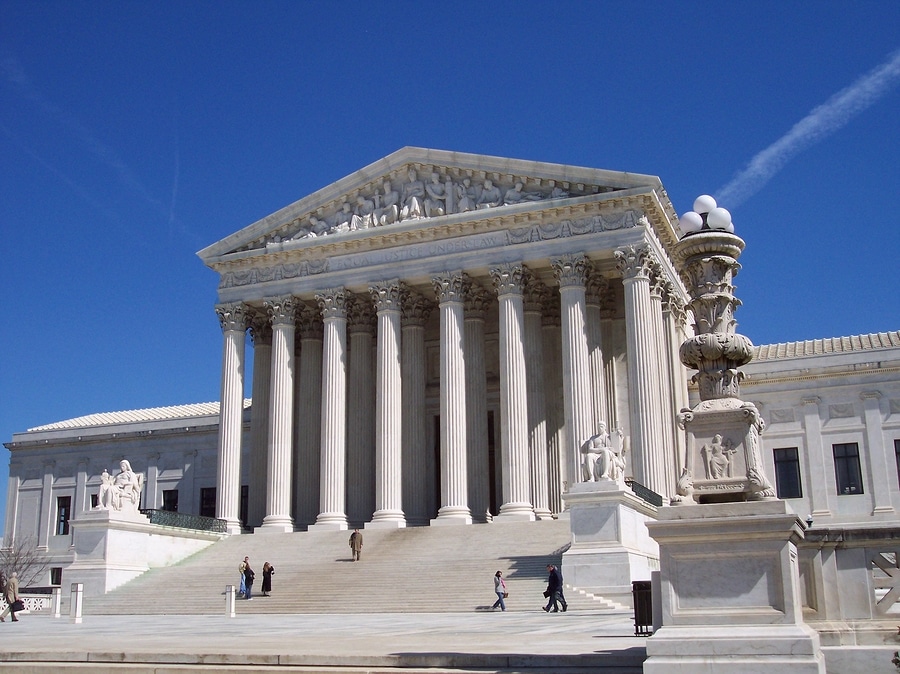As noted in prior blogs posts, most cases the Indiana Supreme Court take are those granted by a Petition to Transfer. This is a request the Court hears, which it decides whether to take. Typically, the five justices vote whether to take a case (although the number may be less if one is absent). A majority of three votes to take the case in order for transfer to be granted.
Nevertheless, in criminal cases, a defendant must seek Transfer in order to see relief from the judgment at a later time, such as post conviction relief or habeas corpus. In all cases where transfer is sought, the Supreme Court does not typically focus on any type of error correction from errors made by the trial court or in the Court of Appeals.
Instead, the Indiana Supreme Court focuses on five basic considerations in deciding to grant transfer in criminal or civil cases.1 The first and perhaps most common is where decision of different panels (3 judges of 15 total judges) conflict with each other. The second is where the Court of Appeals issues a decision that conflicts with a decision of the Supreme Court. In most cases, there is not an actual conflict, but interpretational matter that could present a conflict, as the Court of Appeals is bound by (as it states in its decisions) the Supreme Court’s decisions.
The third type of case, which is perhaps more limited in situation, is where the decision of the Indiana trial court or Court of Appeals is in conflict with Federal law. Federal law is generally supreme or of more authority than state law under the Supremacy Clause of the United States Constitution. Generally, the state and federal law occupy the same types of legal areas, and unless the Pre-emption Clause makes the federal government the only law in the area, the distinctions or conflicts are subtle.
The third and fourth types of cases the Supreme Court may consider for transfer is where the precedent is in need of reconsideration or the case presented is a significant departure from law or practice. These allow relative stable laws to be changed—sometimes radically—to evolve with the times.
If these are present in your case decided by the Court of Appeals, the Indiana Supreme Court may be more apt to grant transfer. Again, these are only considerations and the Supreme Court remains flexible to respond to the needs of the times, assuming the matter is not one for the General Assembly to address. Is your case one such case? If so, the Supreme Court may grant transfer.
We hope you find this information useful in understanding the types of cases the Indiana Supreme Court may take. This blog post is written by attorneys at Ciyou & Dixon, P.C. and is for general educational purposes only. It is not legal advice, or solicitation for legal services. Ciyou & Dixon, P.C. attorneys handle civil and criminal appeals from all Indiana state trial court, Seventh Circuit Court of Appeals, or United States Supreme Court.








